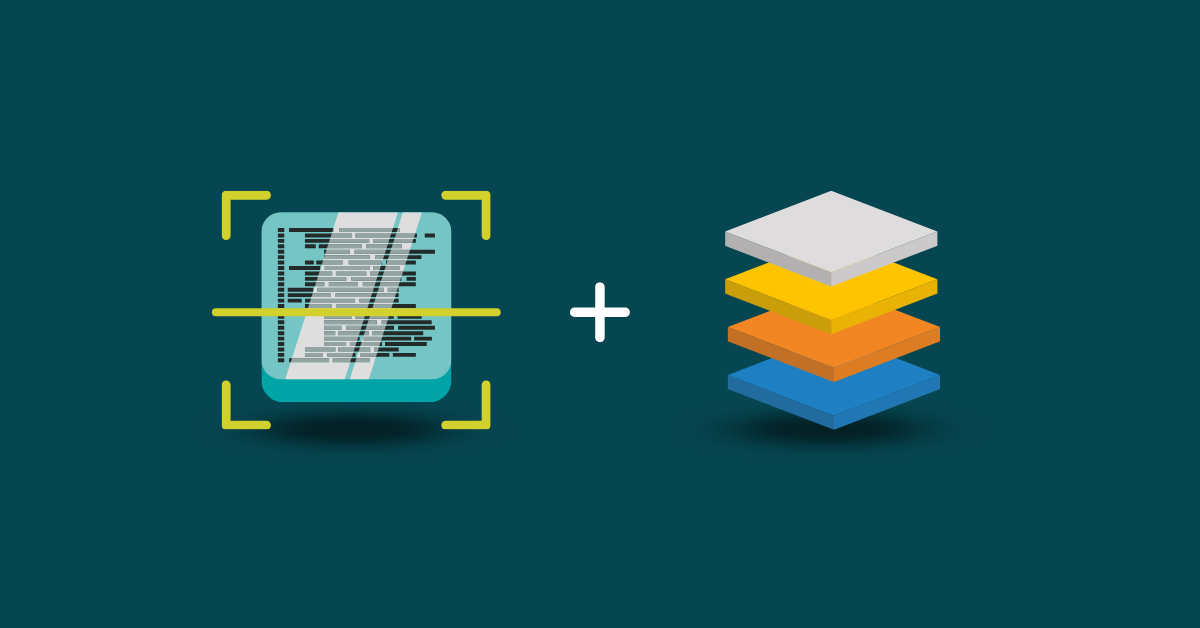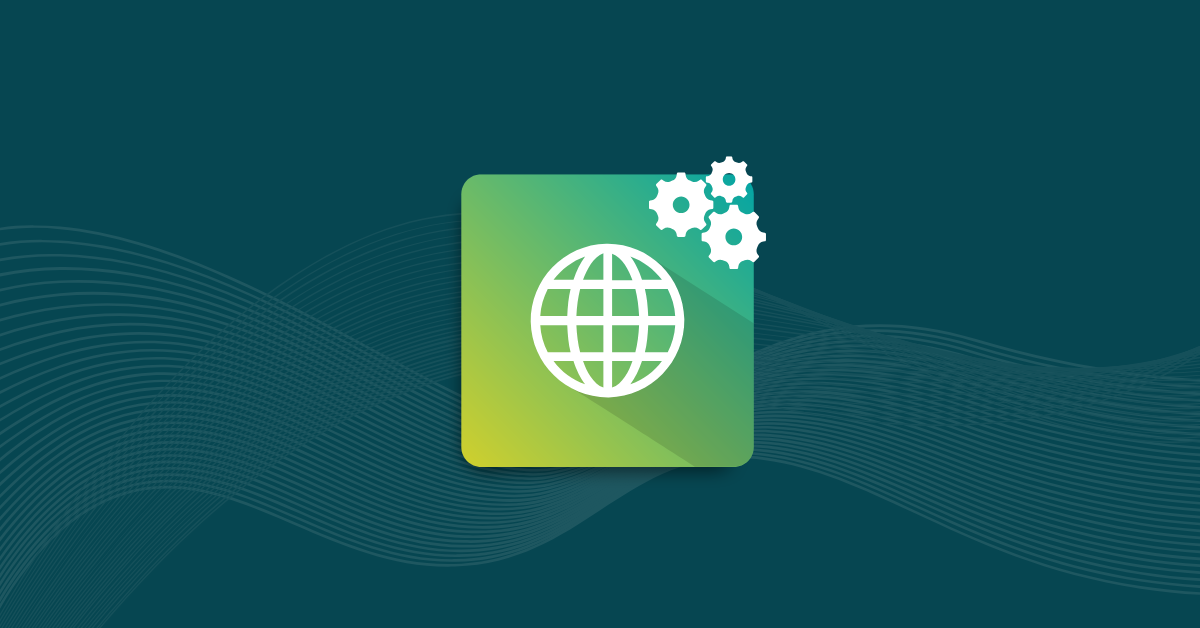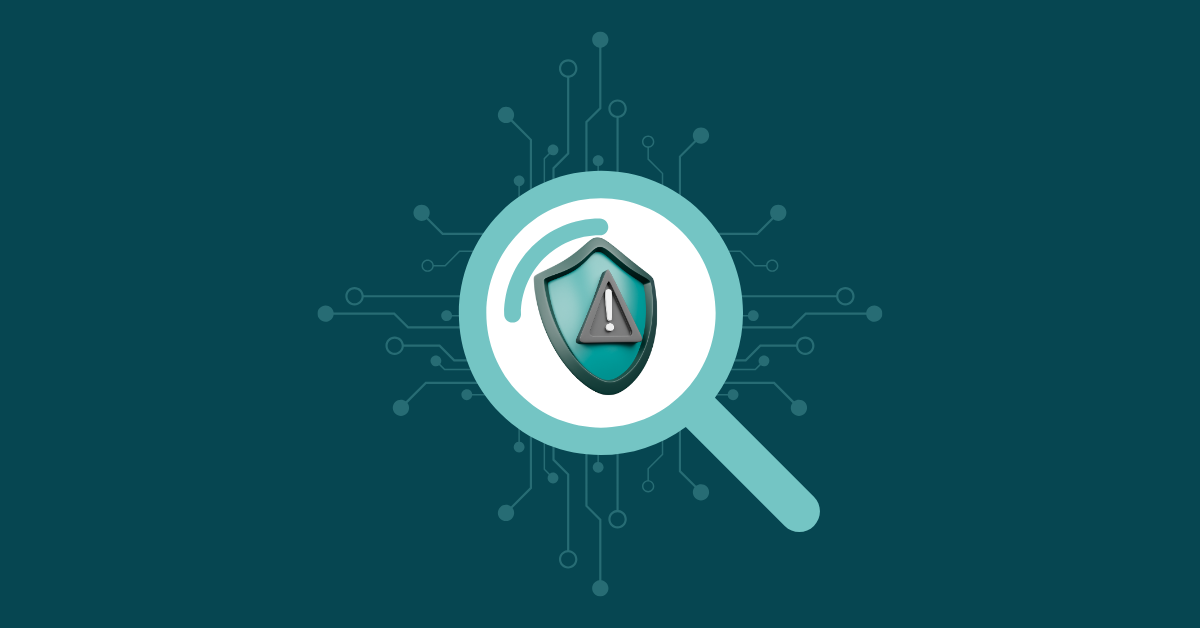
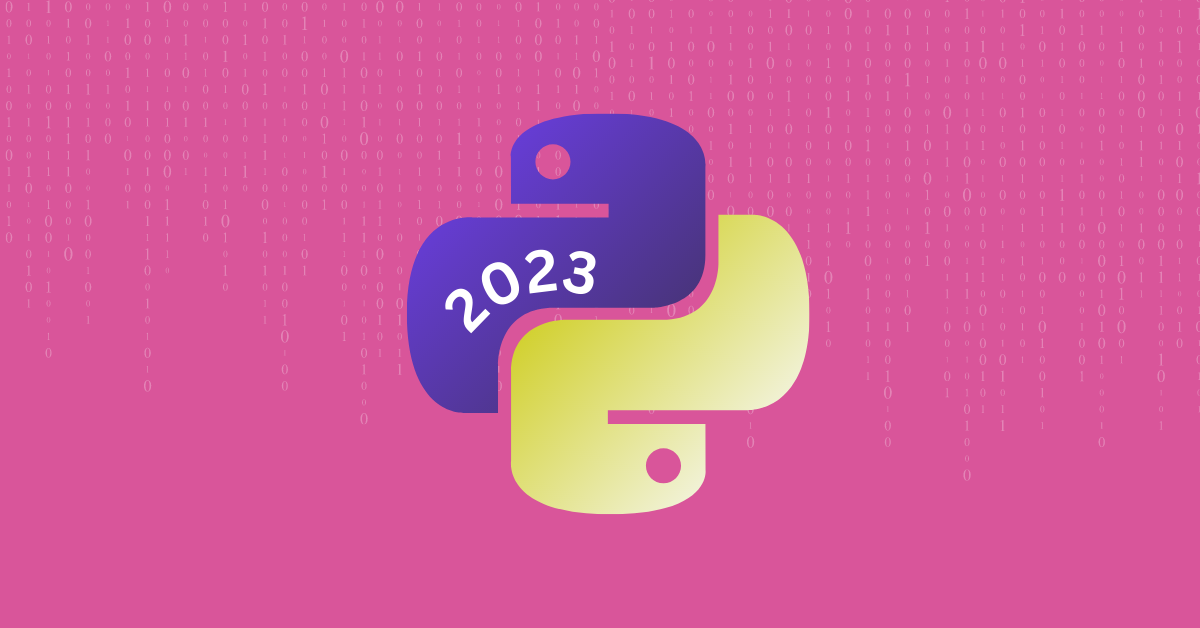
Python is a popular programming language due to its versatility and natural syntax. However, the same factors that make it so popular also make it vulnerable to security breaches. Over the past two years, more than 13 new Python security vulnerabilities have been discovered.
In addition to new vulnerabilities, as many as 350,000 projects may have been affected by a 15-year-old Python vulnerability that was never patched after its discovery in 2007.
The following best development practices will help you avoid the most common Python vulnerabilities and maintain the security of your Python code.

Input validation and sanitation are essential security practices that help protect applications from malicious user input, which can lead to vulnerabilities such as SQL injection, cross-site scripting (XSS), and remote code execution. These practices also help ensure that the application processes only valid and safe data.
Input validation involves checking user input against predefined rules or criteria to ensure it meets the expected format, data type, and constraints. This process helps prevent attackers from injecting malicious data or exploiting application logic.
Input sanitization, also known as input filtering or escaping, cleans user input to remove or neutralize potentially harmful data. This practice helps prevent attacks like XSS, where attackers insert malicious scripts into user input that can be executed by a victim’s browser.
Secure dependency management involves continuously monitoring, updating, and auditing your project’s dependencies, including third-party libraries and packages, to mitigate the risks associated with using vulnerable or outdated components. As modern applications rely heavily on external dependencies, it’s essential to have a robust process in place to manage them securely.
Here’s how to implement secure dependencies management as part of your DevOps pipeline:
→ Vulnerability detection. Kiuwan scans your project’s dependencies for known vulnerabilities by cross-referencing them against vulnerability databases such as the National Vulnerability Database (NVD) and other sources. It provides a detailed report of the identified vulnerabilities, including their severity, impact, and potential exploits.
→ Risk assessment. Kiuwan evaluates the overall risk of your application based on the identified vulnerabilities, considering factors such as the exploitability of the vulnerabilities and their potential impact on your application.
→ Remediation guidance. Kiuwan offers actionable recommendations to remediate the identified vulnerabilities, such as updating the affected dependencies to a secure version or applying patches. It helps you prioritize which vulnerabilities to address based on their risk level.
→ Continuous monitoring. Kiuwan’s SCA can be integrated into your development pipeline, enabling continuous monitoring of your dependencies. This allows you to detect and address vulnerabilities as soon as they emerge, reducing the opportunity for attackers to exploit them.
SAST is a type of security testing that involves analyzing application source code, bytecode, or binary code to identify potential security vulnerabilities, coding issues, and compliance violations. SAST tools, such as Kiuwan, examine the code without executing it, making them particularly useful for detecting issues early in the development process.
Here’s how SAST helps improve application security:
By leveraging Kiuwan’s SAST capabilities, you can proactively identify and remediate security vulnerabilities and code quality issues, resulting in more secure, reliable, and compliant applications.
Using virtual environments in Python can improve security by isolating dependencies and runtime configurations for each project. This reduces the potential impact of vulnerabilities in third-party libraries and minimizes conflicts between different versions of packages.
A virtual environment is an isolated Python environment that allows you to install packages and dependencies specific to a particular project without interfering with the global Python installation or other projects. This isolation helps manage dependencies securely and maintain a consistent development environment across different team members and deployment stages.
Here are some benefits of using virtual environments for security with Python:
Each virtual environment contains its own set of packages and dependencies, preventing potential conflicts between different package versions that might be required by different projects. This isolation reduces the risk of vulnerabilities caused by unexpected interactions between packages.
When upgrading packages or dependencies, you can perform the upgrades within the virtual environment, limiting the potential impact of breaking changes or newly introduced vulnerabilities. This controlled approach lets you thoroughly test the upgrades before deploying them to production environments.
Virtual environments ensure that all team members and deployment stages use the same package versions and configurations, reducing the likelihood of security issues arising from inconsistencies between environments.
Virtual environments help maintain a clean and consistent runtime environment, making it easier to deploy your application securely. By packaging the virtual environment with your application, you can be sure that the correct dependencies and configurations are used in production.
As one of the most popular programming languages in the world, Python poses unique security threats in open-source projects. Following best practices in Python development can help you avoid vulnerabilities and build more secure applications, particularly as AI becomes more widespread.
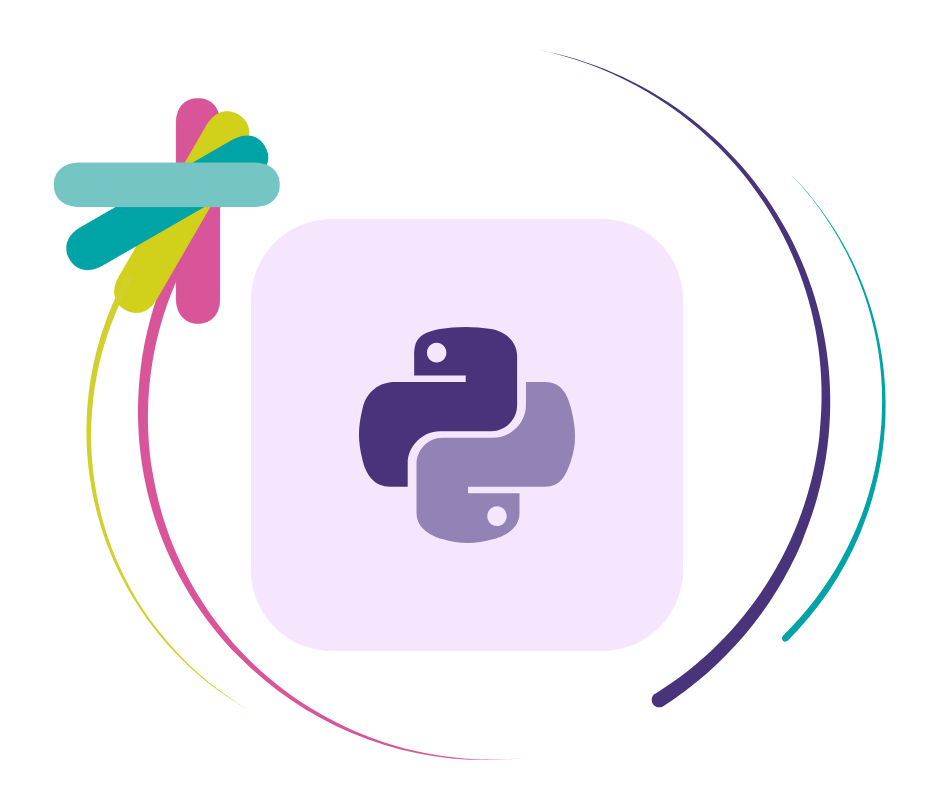
Integrating Kiuwan SAST and SCA tools into your DevSecOps process can help you detect and remediate known and unknown vulnerabilities. Contact us for more information.

